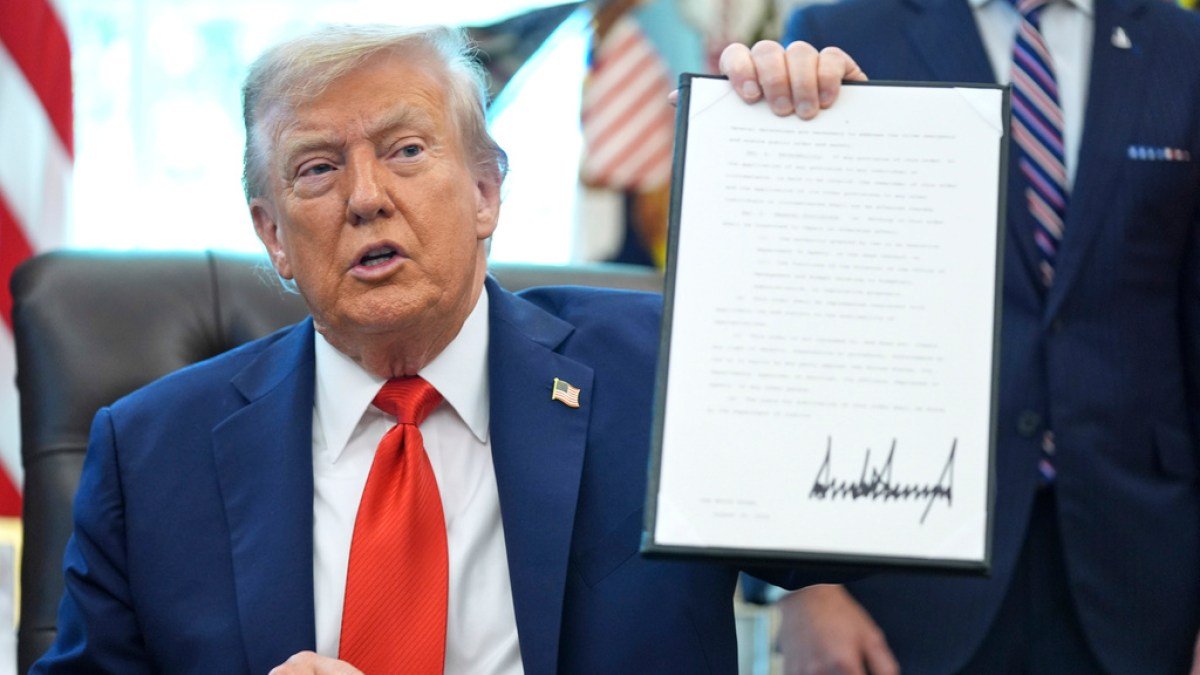Supreme Court’s Stance on Flag Burning Ignored by Presidential Order
In a recent development that raises concerns about free speech, a ruling from the U.S. Supreme Court reaffirms that burning the American flag is protected under the First Amendment. Nevertheless, President Donald Trump has enacted an executive order imposing a one-year jail sentence for those convicted of flag desecration.
Signed on a Monday in 2025, the order acknowledges the landmark 1989 Supreme Court decision, which deemed flag burning a form of free expression. However, Trump’s directive argues that such acts may “likely incite imminent lawless action.”
“If you burn a flag, you get one year in jail—no parole, no leniency,” Trump declared during the signing ceremony. He asserted, “You will see flag burning stop immediately.”
The order has provoked backlash from free speech organizations, who argue it infringes on essential civil liberties. The Foundation for Individual Rights in Education (FIRE) stated, “President Trump may think he can amend the First Amendment with a mere signature, but that is not within his power. The government cannot prosecute protected speech, even if it is deemed offensive by many.”
Additionally, the executive order directs Attorney General Pam Bondi to pursue the fullest prosecution available for flag burners. It alleges without substantiation that foreign nationals are utilizing flag desecration to intimidate U.S. citizens, threatening visa revocation and deportation for offenders.
The administration claims that flag burning constitutes “incitement” or “fighting words,” with Trump asserting it incites unprecedented levels of unrest. This assertion has been met with skepticism from legal scholars; GS Hans, a First Amendment expert at Cornell University, remarked to the Associated Press, “This seems to be a solution in search of a problem, as flag burning is not a widespread issue.”

